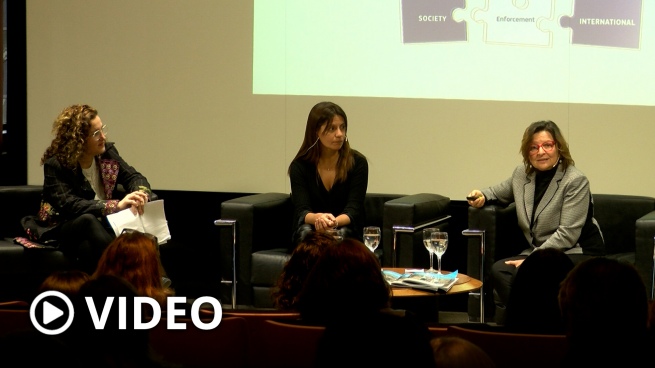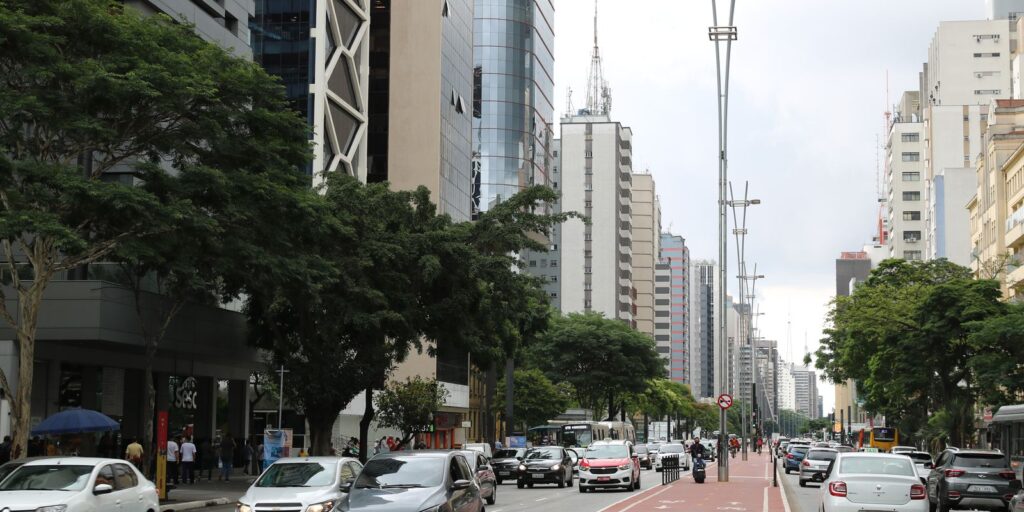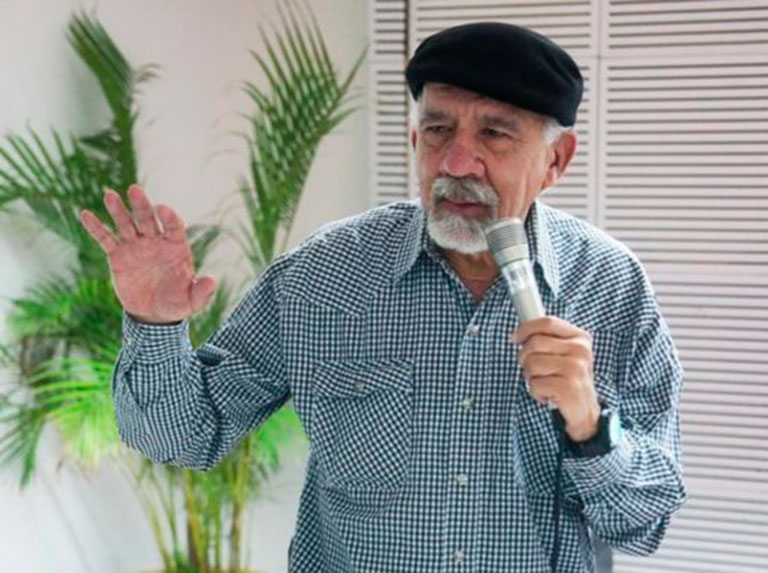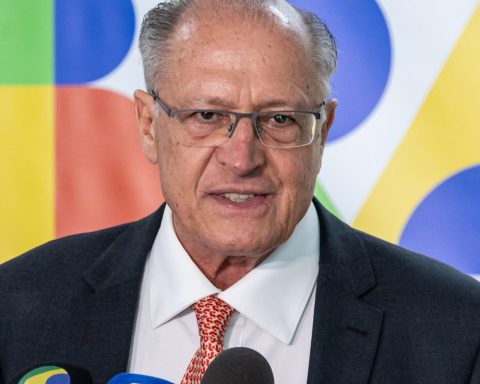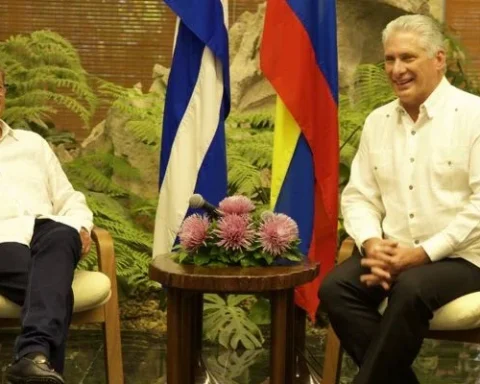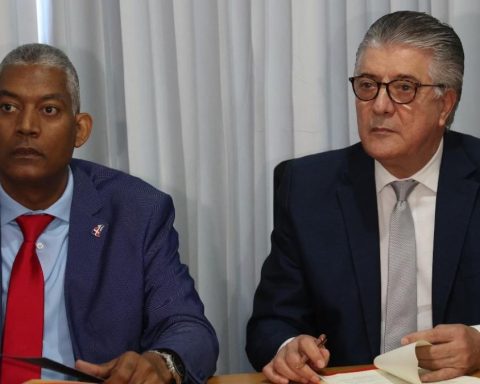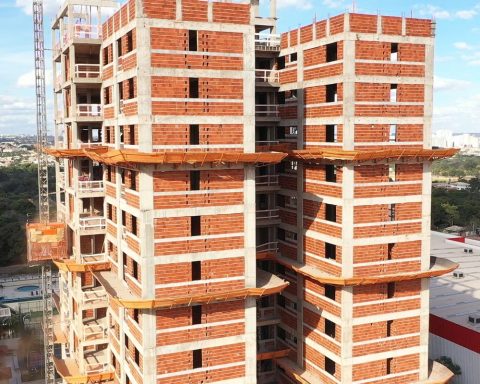Representatives of the State, companies and citizens highlighted this Tuesday the importance of the articulation between the actors involved in public works, and presented the progress of transparency procedures in the framework of the presentation of the book “Public Transparency Policies. Advances in Public Works”.
The author of the volume and representatives of the public and private sectors participate in the meeting that closes Katopodis.
“There is no public management process that can be consolidated if it is not focused on as a federal country without articulating it with local governments, civil society organizations and with the rest of the actors in public works such as companies,” Underlined the Secretary of Administrative Management of the Ministry of Public Works, Guillermo Sauro, who opened the day whose closure includes Gabriel Katopodis as a speaker.
Roxana Mazzola, national director of Transparency of the ministry and author of the volume agreed that “public policies are not something that the State imposes and develops in isolation from society but rather they are built collectively.”
“At AySA we make investment decisions and prioritization of public works based on certain data evidence. This tool helps us eliminate the discretion of public worksFrancisco Capurro Robles, advisor to Aysa
“A public work will be better if we do it with others and if it is nourished by the experience and knowledge of other actors,” Mazzola completed.
The exhibitors highlighted that the necessary articulation takes shape, among other levels, in the mechanisms of accountability such as the Public Works Observatory, which involves 14 participating institutions, including the Argentine Chamber of Construction (Camarco), Citizen Power and the National University Council (CIN).
The meeting, which will take place from 9:30 a.m. to 5:30 p.m. at Roque Sáenz Peña 777, is broadcast live on the Public Works YouTube channel.
“At AySA we make investment decisions and prioritization of public works based on certain data evidence. This tool helps us eliminate the discretion of public works because when mayors or governors ask for a sewer or a work, we have a way to respond and provide evidence with data,” exemplified Francisco Capurro Robles, advisor to the state company.
“The challenge is that the transparency mechanisms are also applied in the private sector and a new Public Works Law is generated that reinforces them” raised the president of Camarco, Gustavo Weiss.
“We have held many conferences within the Chamber to explain to our companies the need to have ‘compliance’ (regulatory compliance) within each company because they have to begin to understand the need to have an internal system, beyond that In many specifications, requests are beginning to be made more and more frequently,” explained Weiss.
“We totally agree that transparency is here to stay and that it must be deepened in joint work between the private sector and public bodies”Gustavo Weiss-President of Camarco
In this framework, he stressed that Camarco “absolutely shares the principles raised in the Observatory”, because “transparency issues are something that arrived and settled in the world”
Looking ahead to the new Public Works Law, which would replace the current one dating from 1947 and which is under debate at the Observatory, Weiss proposed the creation of a “technical panel” that “resolves the technical differences that exist in the progress of the works between the companies and the public body”and an “arbitration court” that he considered essential to “avoid that, if an agreement is not reached in the panel, it goes to the ordinary courts that take 15 years or more to reach a solution.”
Likewise, he evaluated inflation as a problem because “it makes the contracts have enormous difficulties to continue from the economic and financial point of view”, and makes “the daily relationship in the works with the State organisms even more important”.
“We totally agree that transparency is here to stay and that it must be deepened in joint work between the private sector and public bodies,” concluded the representative of the businessmen.
